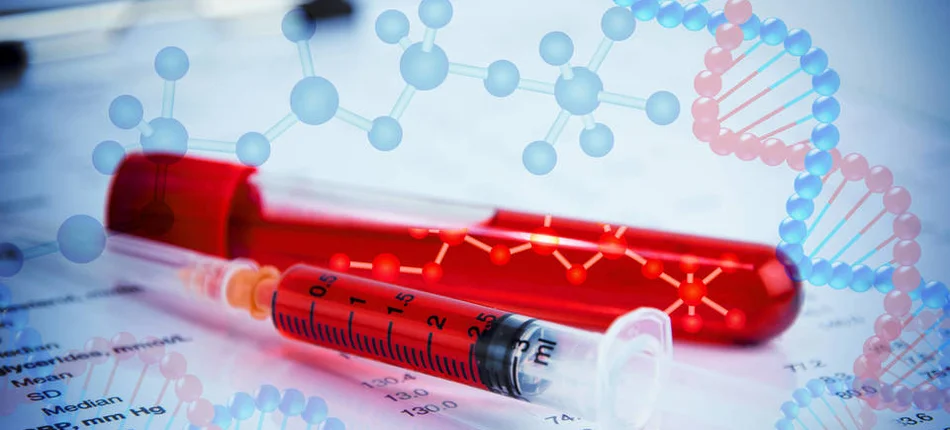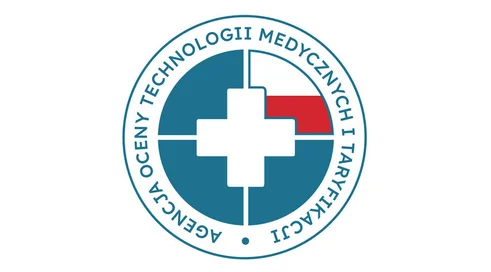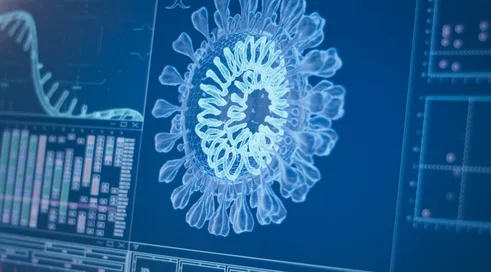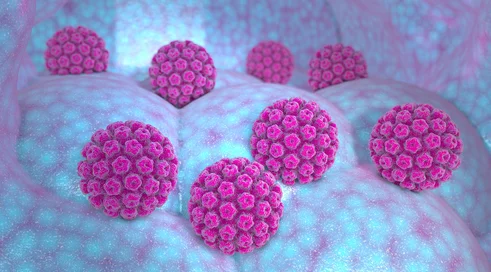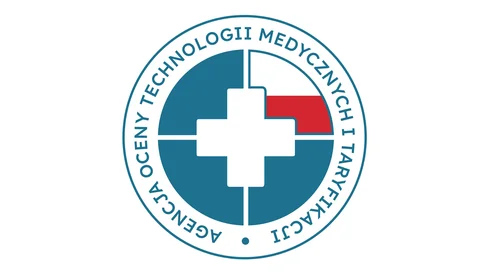Amyloidosis is a disease that is particularly difficult to diagnose because its symptoms are not specific and can vary widely from patient to patient. It is, in fact, a group of more than 30 rare and ultra-rare diseases. What they have in common is the deposition of abnormal proteins (amyloid deposits) in various tissues and organs, which can lead to their failure.
The most common form of the disease is amyloidosis of the light chains (AL amyloidosis), which accounts for up to 80 percent of amyloidosis cases. In this form, there is a small proliferation of plasma cells in the bone marrow that produce pathological immunoglobulin - usually the lambda subtype of immunoglobulin light chains. These can be deposited as amyloid deposits in any organ, but the heart and kidneys are most commonly affected, while the liver, gastrointestinal tract, nervous system or soft tissues (such as the tongue) are less commonly affected. - Since these are different organs in different pati...
Content locked
To gain access to the complete English section of the Medexpress.pl, kindly reach out to us at english@medexpress.pl.





